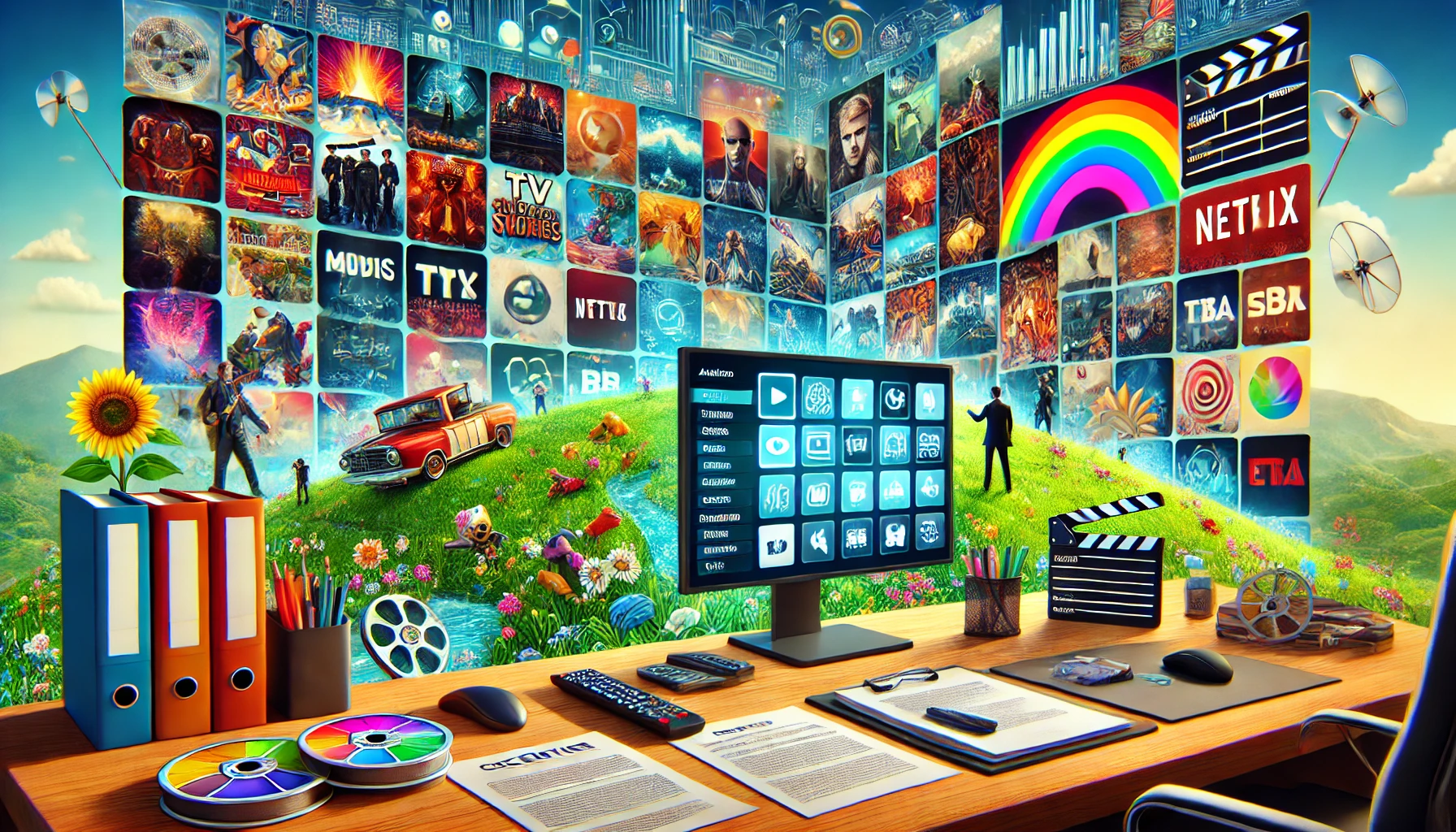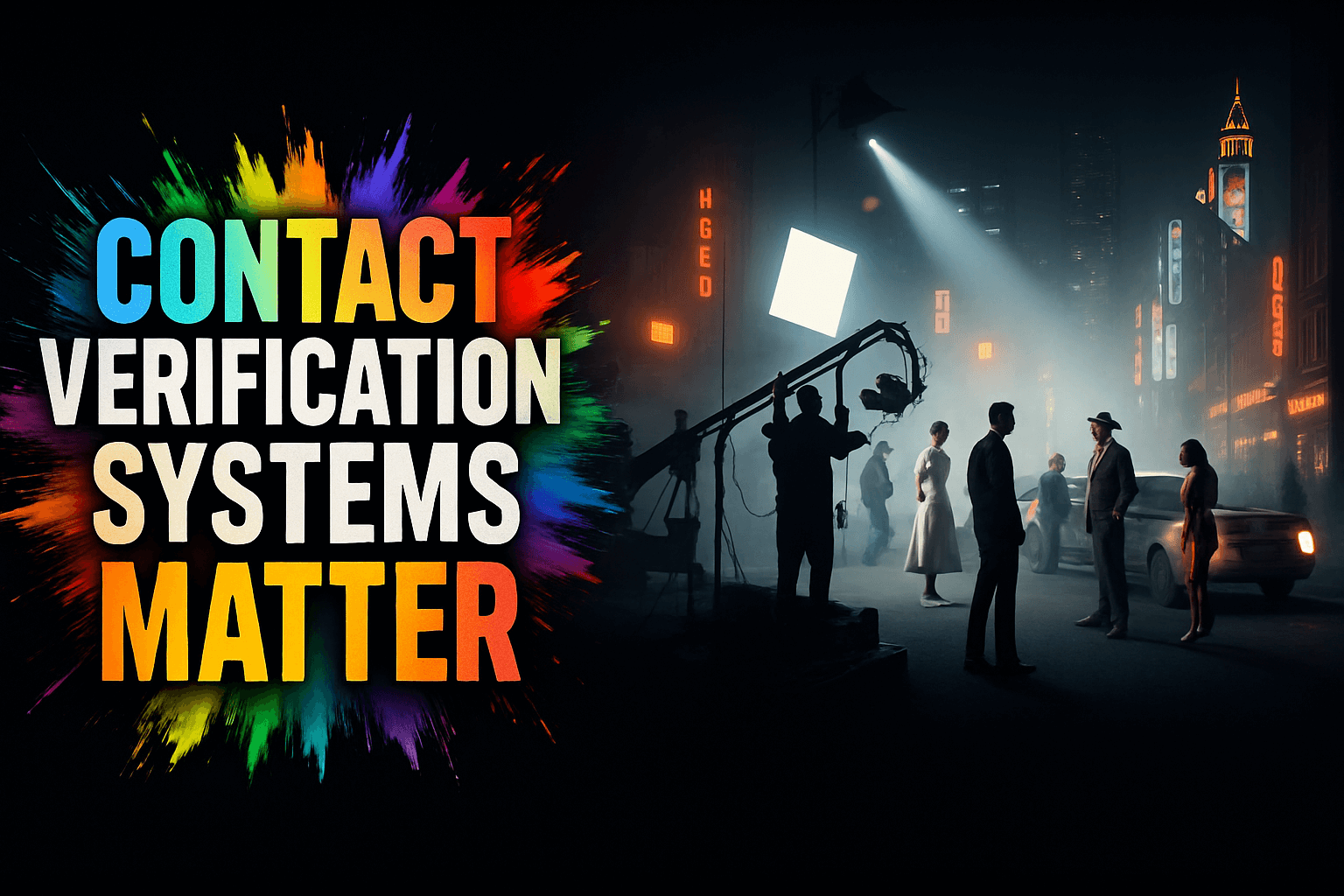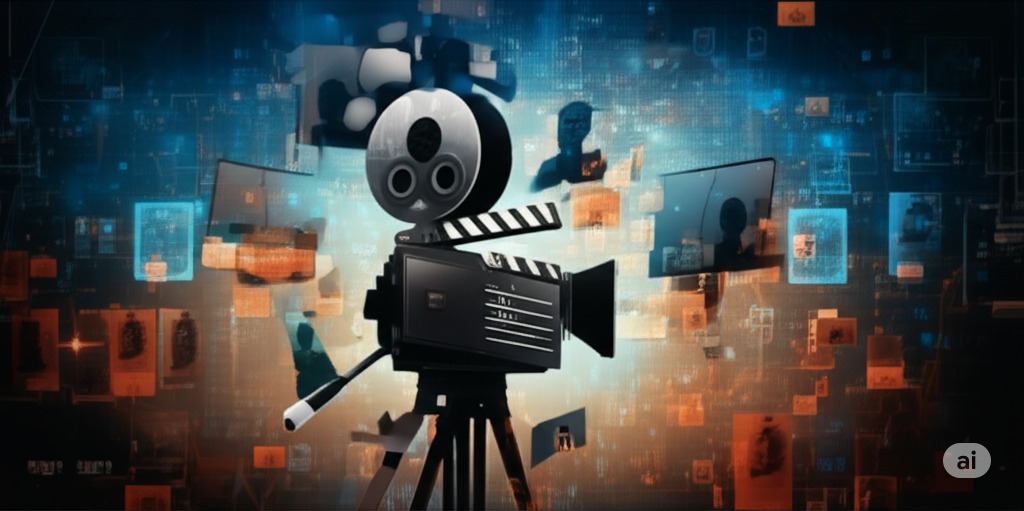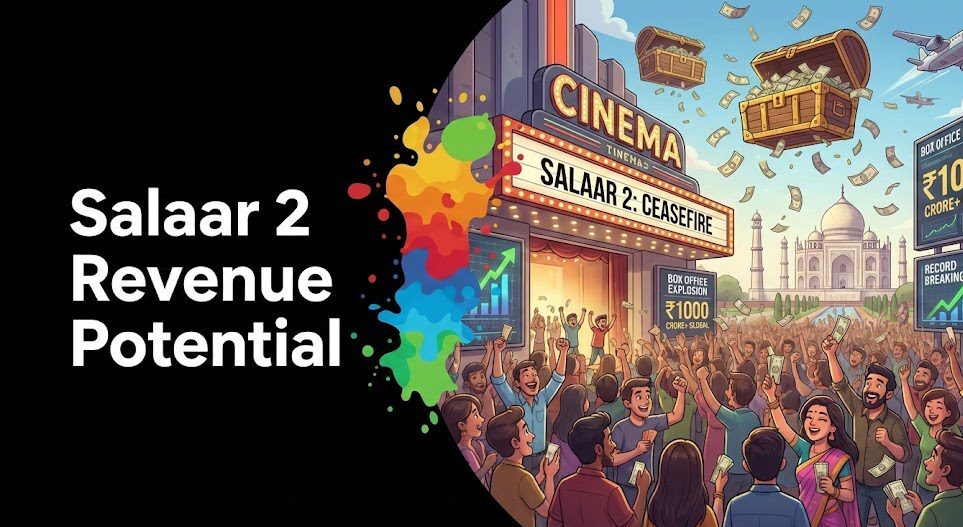Introduction
AI-enhanced localization is revolutionizing how the entertainment industry adapts content for diverse global audiences. By automating processes such as transcription, translation, and dubbing, AI tools offer efficiency, accuracy, and cultural nuance like never before. In 2024, as streaming platforms compete for global market share, these technologies have become essential for scaling content distribution while maintaining quality.
For example, AI-powered tools like Dubformer and Duzo enable creators to localize video content in over 70 languages, making it accessible to new demographics in a fraction of the time compared to traditional methods. This article explores the key technologies, challenges, and future trends shaping AI localization while highlighting how Vitrina.ai connects professionals to the best solutions in the industry.
Key Takeaways
AI localization tools are transforming workflows with features such as voice cloning, lip-syncing, and real-time subtitle generation. Leading tools in 2024 include:
| Tool | Key Features | Best For |
| Dubformer | AI dubbing in 70+ languages | Media broadcasters |
| Duzo | Lip-syncing, voice cloning | Independent studios |
These tools streamline post-production workflows, making content accessible to multilingual audiences faster than ever. For instance, Duzo’s AI technology adapts dialogue seamlessly, preserving the emotional tone of the original content.
Generative AI vs. Traditional Tools
Generative AI is a game-changer in localization, offering:
- Scalability: Handle large volumes of content efficiently.
- Faster Turnaround: Deliver projects in days instead of weeks.
- Cost Reduction: Lower dependence on manual processes.
In contrast, traditional tools rely heavily on human input, resulting in longer timelines and higher costs. AI’s ability to automate repetitive tasks while maintaining accuracy provides a significant competitive edge.
Stay Ahead with AI Localization

Key Tools and Technologies
Top AI Tools for Automated Dubbing and Subtitling
AI localization tools are transforming workflows with features such as voice cloning, lip-syncing, and real-time subtitle generation. Leading tools in 2024 include:
| Tool | Key Features | Best For |
| Dubformer | AI dubbing in 70+ languages | Media broadcasters |
| Duzo | Lip-syncing, voice cloning | Independent studios |
These tools streamline post-production workflows, making content accessible to multilingual audiences faster than ever. For instance, Duzo’s AI technology adapts dialogue seamlessly, preserving the emotional tone of the original content.
Generative AI vs. Traditional Tools
Generative AI is a game-changer in localization, offering:
- Scalability: Handle large volumes of content efficiently.
- Faster Turnaround: Deliver projects in days instead of weeks.
- Cost Reduction: Lower dependence on manual processes.
In contrast, traditional tools rely heavily on human input, resulting in longer timelines and higher costs. AI’s ability to automate repetitive tasks while maintaining accuracy provides a significant competitive edge.
How to Choose the Best AI Tool for Localization
When selecting a tool, consider:
- Language Support: Ensure compatibility with target regions.
- Cost Efficiency: Balance initial investment with long-term savings.
- Integration Capabilities: Compatibility with existing CRMs and workflows.
Applications in the Entertainment Industry
Benefits for Streaming Platforms
AI localization allows OTT platforms to scale their operations globally by providing:
- Faster Multilingual Delivery: Subtitles and dubbing in multiple languages simultaneously.
- Cultural Relevance: Tailored translations that resonate with specific regions.
For example, Netflix’s localized Korean dramas have become massive hits worldwide, thanks in part to AI-enhanced subtitling and dubbing.
Independent Studios and AI Localization
Smaller production houses benefit greatly from AI localization tools. These cost-effective solutions:
- Enable competitive positioning alongside major studios.
- Reduce dependency on expensive localization vendors.
How OTT Platforms Leverage AI Localization
OTT platforms use AI to customize subtitles, ensuring they reflect cultural nuances and idiomatic expressions, improving audience engagement and satisfaction.
Simplify Content Localization

Challenges in AI Localization
Cultural Sensitivity and Emotional Depth
While AI excels at automation, it struggles with subtleties like humor, slang, and emotional undertones. Human oversight is critical to ensure translations convey the intended message authentically.
Ethical Considerations
The rise of AI in localization raises concerns about:
- Job Displacement: Traditional roles in translation and dubbing may diminish.
- Fair Compensation: Ensuring fair value for AI-assisted projects.
Maximize Global Reach!

Vitrina.ai’s Role in AI Localization
Bridging Vendors and Content Buyers
Vitrina.ai simplifies localization by connecting vendors with content buyers through its curated platform. For example, Vitrina.ai enables dubbing studios to showcase their capabilities and access targeted leads, saving time and reducing costs by 30%.
Insights into Emerging Market Trends
Vitrina.ai provides analytics on regional content demands, helping studios and platforms strategically prioritize localization efforts. This ensures maximum ROI and market alignment.
Trends and Future of AI-Enhanced Localization
Trends for 2024
Key developments include:
- Real-Time Localization: AI tools providing live translations for streaming events.
- Advanced Dubbing Technologies: Seamless voice cloning and lip-sync accuracy.
Future Applications for Immersive Media
AI localization is set to revolutionize AR and VR content, enabling real-time, multilingual interactions in virtual spaces. By 2025, we anticipate simultaneous multilingual streaming becoming an industry standard.
Case Studies and Success Stories
- Streaming Platform Engagement: A leading OTT service increased audience retention by 40% using AI-driven subtitling for a blockbuster release.
- Independent Studio Expansion: An indie studio entered three new markets cost-effectively with AI localization, achieving a 30% revenue boost.
Key-Takeaways
AI-enhanced localization is a cornerstone for scaling global content accessibility in 2024. By automating complex workflows, these tools empower creators, studios, and OTT platforms to meet growing audience demands effectively.
Tools like Dubformer and Duzo deliver efficiency, while platforms like Vitrina.ai connect stakeholders with the best resources and insights. Whether you’re an independent studio or a major platform, embracing AI localization ensures you stay competitive in an increasingly globalized entertainment industry.
Frequently Asked Questions
AI-enhanced localization automates transcription, translation, dubbing, and subtitling, ensuring accurate and culturally sensitive content adaptation for global audiences.
AI accelerates workflows, reduces costs, and maintains consistency across multiple languages while preserving cultural nuances.
Leading tools include Dubformer for dubbing and Duzo for voice cloning and lip-syncing.
Key challenges include handling emotional depth, maintaining cultural accuracy, and ensuring ethical practices in automation.
Vitrina.ai connects vendors with buyers, provides insights into emerging trends, and streamlines project workflows.






























